SPEAK WEDNESDAY ON GENDER BASED VIOLENCE; MEDIA’S ROLE IN RESHAPING PERCEPTION
Gender-Based Violence: Media’s Role in Reshaping Perceptions
Media plays a crucial role in reshaping gender-based violence (GBV) perceptions by influencing public awareness, attitudes, and understanding of GBV. Through various platforms like news, movies, TV shows, and social media, media can raise awareness, challenge stereotypes, empower survivors, educate the public, and influence policy and advocacy. However, the media’s responsibility in reporting GBV comes with pitfalls that can perpetuate harmful norms and hinder efforts to address the issue effectively. Examples:
- Normalization of Violence:
– Lack of coverage can create an illusion that GBV is not a prevalent issue, normalizing abusive behaviour and attitudes.
- Victim Blaming:
– When incidents go unreported or underreported, it can reinforce victim-blaming attitudes, suggesting that survivors are responsible for the violence they experience.
- Silencing Survivors:
– Media silence may discourage survivors from coming forward, fearing stigmatization and disbelief, further isolating them and hindering their path to justice and healing.
- Lack of Public Awareness:
– Insufficient reporting prevents the public from understanding the scale and severity of GBV, leading to complacency and inaction.
- Impeding Policy and Legal Reforms:
– Without media attention, the urgency for policy changes and legal reforms to protect victims and hold perpetrators accountable may be undermined.
- Missed Opportunities for Prevention:
– Media can be a powerful tool in promoting prevention efforts, but these opportunities are lost without adequate reporting.
- Misrepresentation and Stereotyping:
– When incidents are reported, media portrayals may perpetuate harmful stereotypes, reinforcing gender norms and biases.
- Undermining Advocacy Efforts:
– Media serves as a conduit for advocacy efforts, but insufficient coverage can hamper campaigns and awareness-raising initiatives.
- Fostering a Culture of Silence:
– A lack of media attention can create a culture of silence around GBV, hindering collective efforts to challenge and combat it.
- Impact on Funding and Resources:
– Insufficient reporting may lead to reduced funding and resources for organizations working to address GBV, impeding their ability to support survivors and prevent future violence.
The Media’s role in reshaping perceptions of gender-based violence is undeniable and carries a significant responsibility in how it reports on the issue.
Speak Wednesday is an initiative of CFHI to address issues around gender-based violence and gender bias.
#SpeakWednesday #GenderEquality #GenderDiscrimination #Women’sFinance
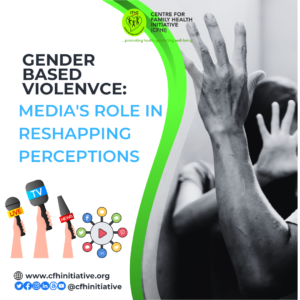
SPEAK WEDNESDAY ON GENDER BASED VIOLENCE; MEDIA’S ROLE IN RESHAPING PERCEPTION Read More »

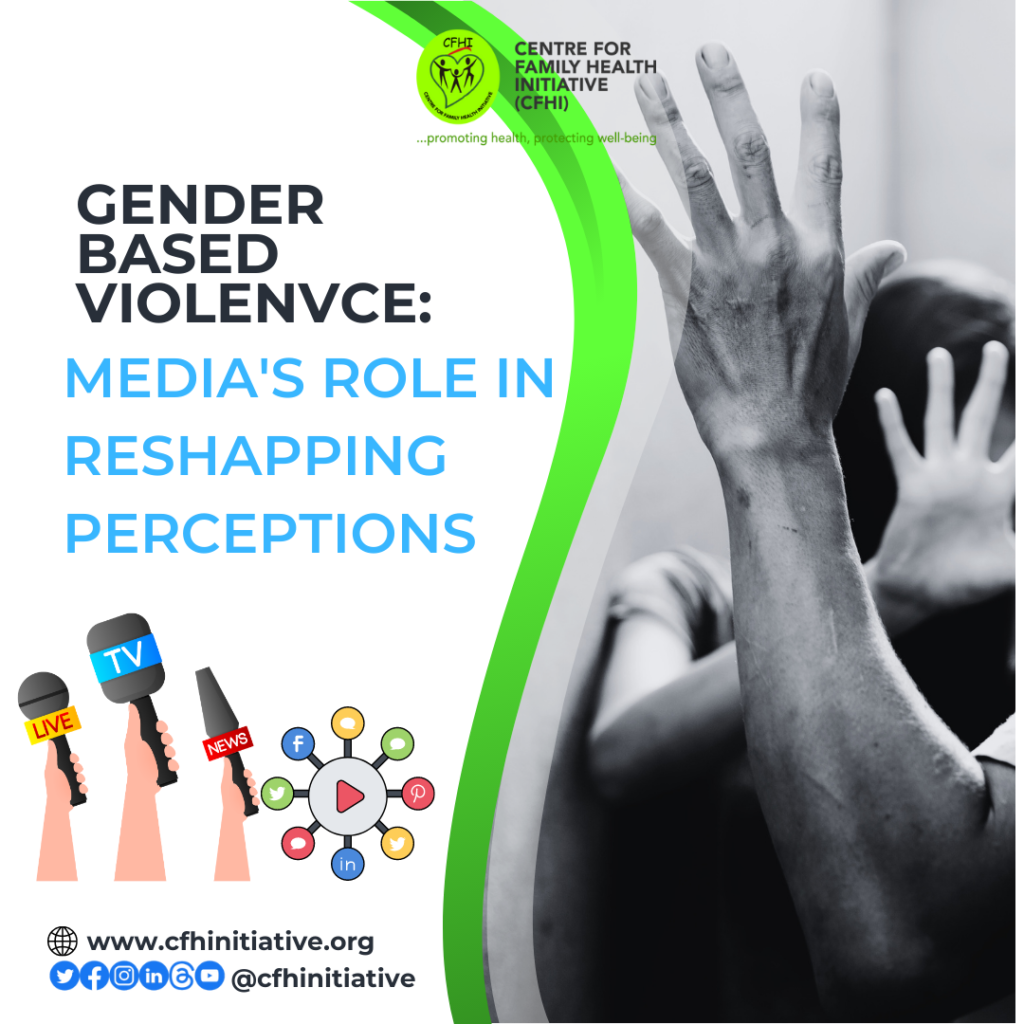
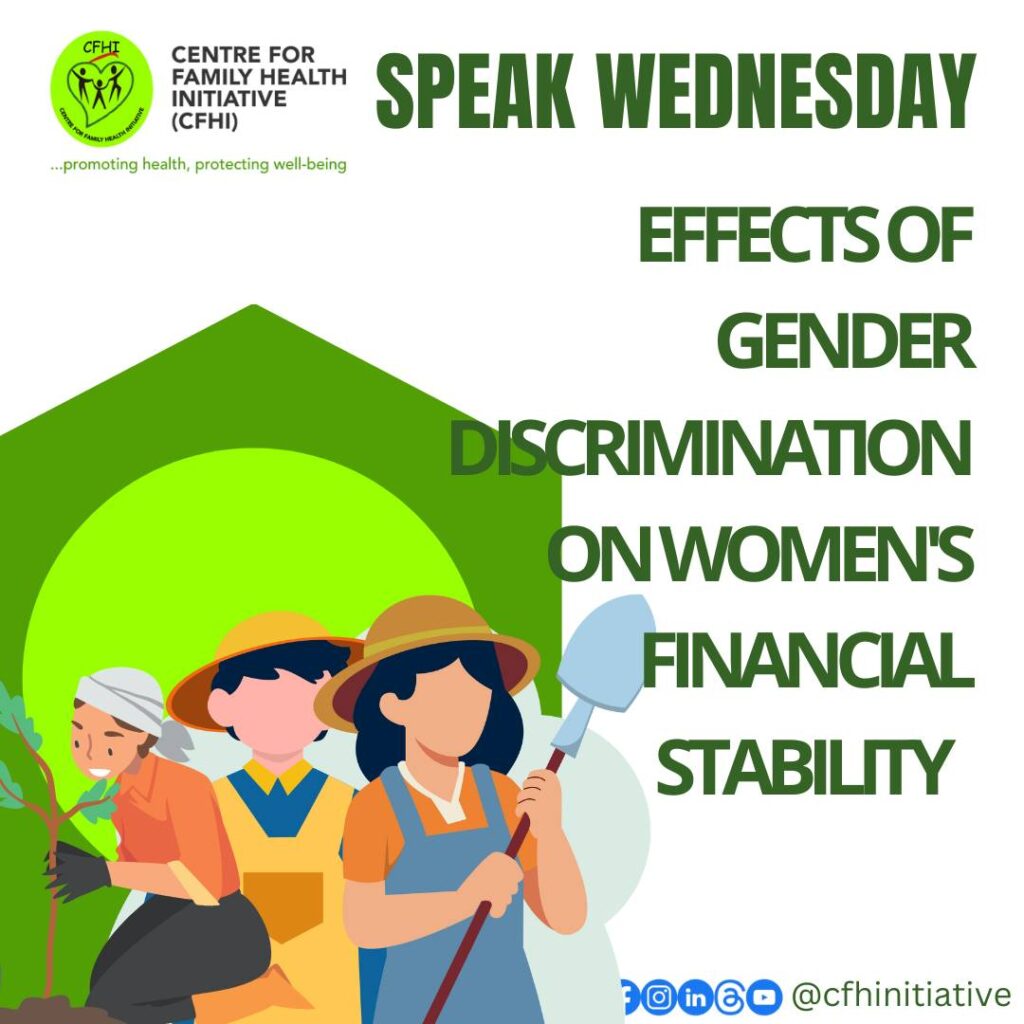
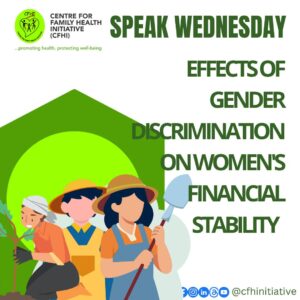
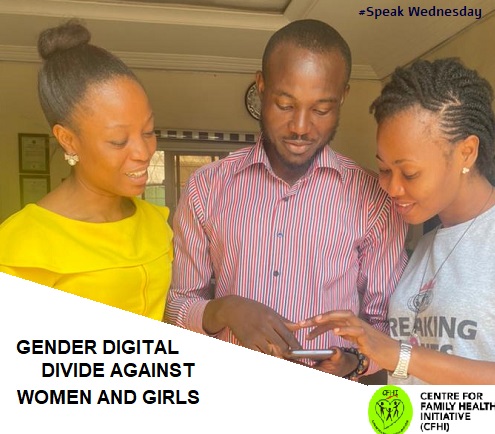
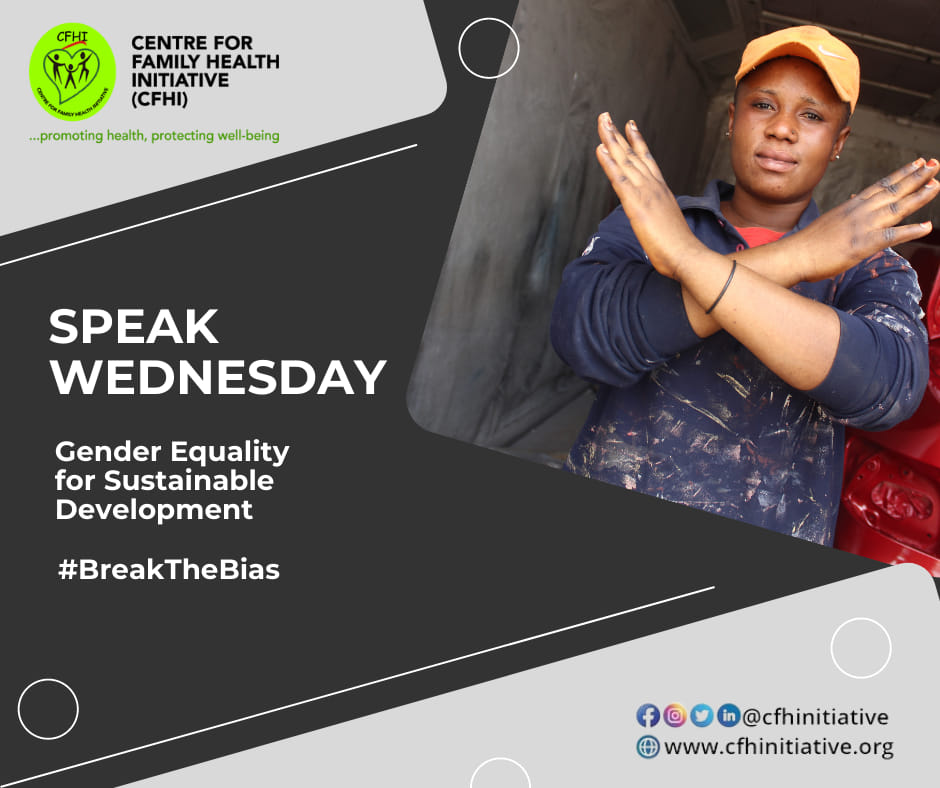
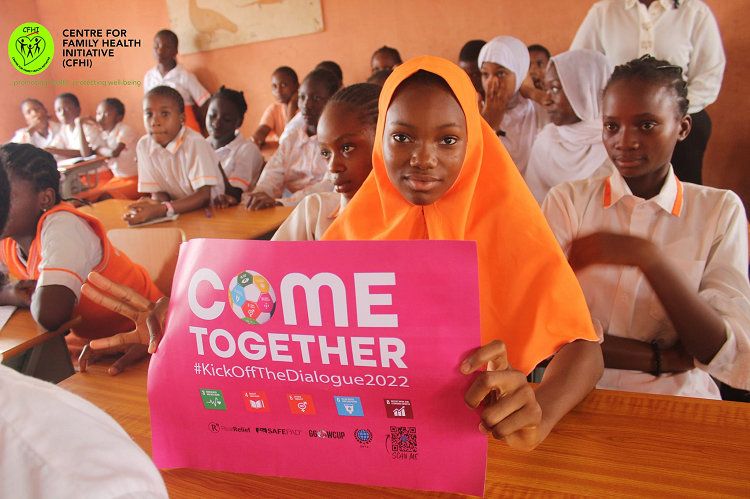

 Child marriage is a widespread violation of human rights. It is an impediment to social and economic development, and it is rooted in gender inequality. The low value placed on girls and women brings about the act and acceptability of child marriage in societies where the practice is common. According to UNICEF, Child marriage refers to any formal marriage or informal union between a child under the age of 18 and an adult or another child. Child marriage is principally practiced in the rural and poor communities where young girls are regarded as economic burden and quickly married off to assuage household expenses.
Child marriage is a widespread violation of human rights. It is an impediment to social and economic development, and it is rooted in gender inequality. The low value placed on girls and women brings about the act and acceptability of child marriage in societies where the practice is common. According to UNICEF, Child marriage refers to any formal marriage or informal union between a child under the age of 18 and an adult or another child. Child marriage is principally practiced in the rural and poor communities where young girls are regarded as economic burden and quickly married off to assuage household expenses.
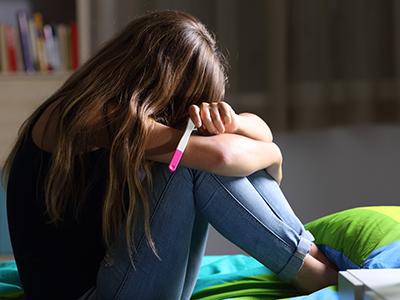

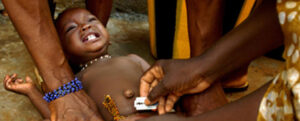 “Have you ever heard of Female genital mutilation? The doctor asked me. This was after my over 20 hours of labor, an ordeal which left me depressed for over a month. It took me a while before I responded because it was the least question I ever would imagine answering at such moment.
“Have you ever heard of Female genital mutilation? The doctor asked me. This was after my over 20 hours of labor, an ordeal which left me depressed for over a month. It took me a while before I responded because it was the least question I ever would imagine answering at such moment.